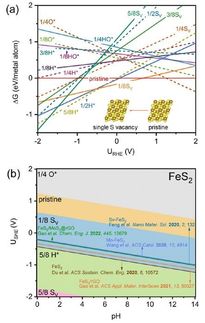Partners sign new agreement for joint catalysis laboratory in Heidelberg
BASF and Heidelberg University renew their research cooperation up to the end of 2017
BASF and Heidelberg University have signed a new agreement for their joint catalysis laboratory “Catalysis Research Laboratory” (CaRLa). The research cooperation at Heidelberg site ongoing since 2006 has been extended to October 2017.
“Catalysts play a central role in many technical processes in chemistry. In times of increasingly scare resources they are of major importance for energy and raw material efficient processes,” says Dr. Peter Schumacher, head of the research department Process Research and Chemical Engineering at BASF. “CaRLa combines the broad scientific expertise of Heidelberg University with the chemical-technical know-how of BASF, thereby offering an outstanding infrastructure to jointly lay the foundation for new industrial catalytic processes.”
CaRLa will continue to be managed by two scientific heads. Following the age-related retirement of Prof. Dr. Peter Hofmann, one of the initiators of CaRLa, Prof. Dr. Oliver Trapp of the Organic Chemical Institute will assume the scientific management for Heidelberg University. For BASF, Dr. Thomas Schaub has been the scientific head and laboratory manager at the site since mid 2014. There have also been organizational changes and new appointments in the controlling team. With the new agreement, the scientific heads Trapp and Schaub jointly emphasize that the successful project work in the joint catalysis laboratory can be continued and further expanded.
Topics for academic and industrial research
The Catalysis Research Laboratory (CaRLa) focuses on current topics in the field of homogeneous catalysis. CaRLa stands for the successful cooperation between academic and industrial research. At present, a jointly financed international team of eight doctorate level scientists, one engineer and the laboratory manager are working on developing new homogeneous catalysis systems. The main emphasis of research is on fundamental and industrially relevant challenges such as the use of carbon dioxide (CO2) as a synthesis building block or more efficient amination reactions.
Other news from the department science

Get the chemical industry in your inbox
By submitting this form you agree that LUMITOS AG will send you the newsletter(s) selected above by email. Your data will not be passed on to third parties. Your data will be stored and processed in accordance with our data protection regulations. LUMITOS may contact you by email for the purpose of advertising or market and opinion surveys. You can revoke your consent at any time without giving reasons to LUMITOS AG, Ernst-Augustin-Str. 2, 12489 Berlin, Germany or by e-mail at revoke@lumitos.com with effect for the future. In addition, each email contains a link to unsubscribe from the corresponding newsletter.




























































